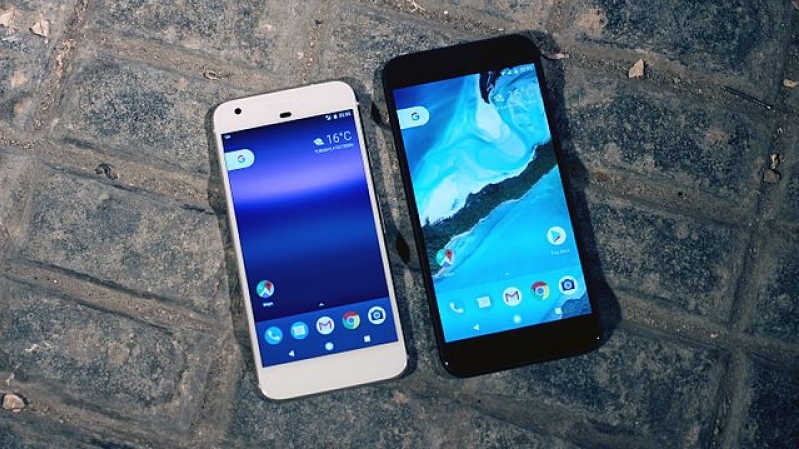
Many phone manufacturers are going for fast charging today. Fast charging is becoming more common these days because many devices now have the USB-C. The feature is soon to become a standard in the industry. Overall, it is such a very good feature on devices, but it seems that Google is not very happy with some of the developments regarding fast charging.
Though Google has introduced fast charging on its Pixel devices, they also have issued a warning about other companies using the fast charging on their devices. On the Android Compatibility Definition papers that Google has released for Nougat, the company all but banned fast charging tech, which would include Quick Charge from Qualcomm. It may not have banned it but Google is saying that it is strongly recommending against it.
Compatibility Issues
The main reason behind Google's objection to the fast charging technology is because of compatibility issues. The compatibility problem is with the standard USB chargers. Google wants the phone manufacturers to work together, which is the main reason behind the USB-C standardization. Google has even indicated that they might issue an update where that would become a requirement in the future.
The World Runs on Android
It is important to take note of that most mobile devices in the world run on Android and if there are compatibility issues caused by any technology, that can have a negative impact on Google. The tech giant is taking issues with how manufacturers are tweaking and making changes to their devices which means that uniformity is being affected.
The idea behind uniformity is so that a device can also be charged using the charger of another. Because of the tweaks device X may not be charged using the charger of device Y, even if both devices are running on Android and are using USB-C. It has been reported that in extreme cases, the use of a charger from a different device could even cause damage.
It seems that Google wants a standard method of charging on all devices that use Android. Because the company is the one making Android and because there is no other OS that could replace it right now. Device manufacturers are bound to follow what Google is listening, though it remains to be seen whether the maker would come up with an agreement. But if the phone makers do agree on something, the users will be the one to benefit from it.






